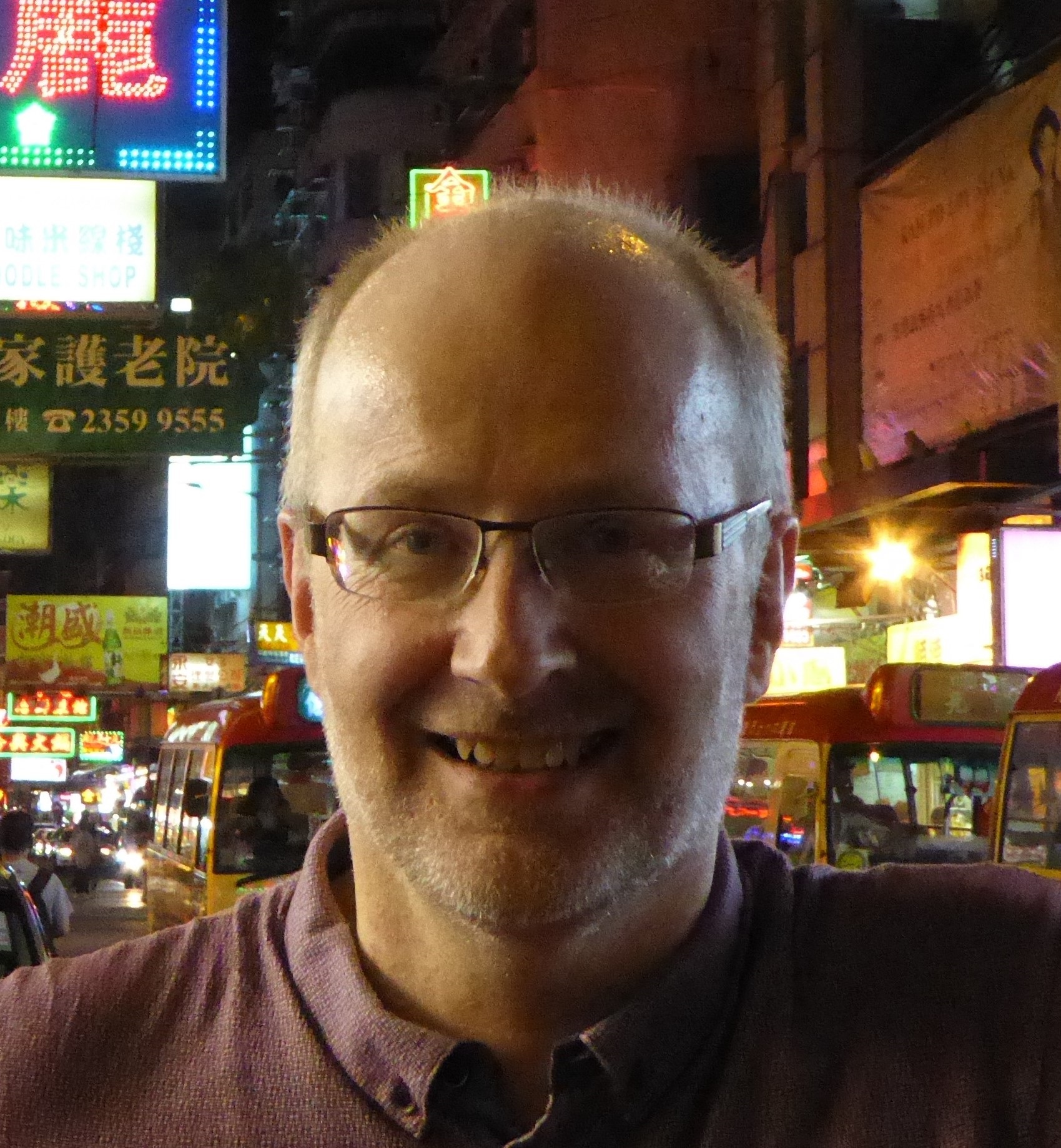Paul Kerswill
Abstract und Informationen zur Person

Paul Kerswill ist ein Varietäten- und Soziolinguist mit einem großen Interesse an den sprachlichen Auswirkungen durch Migration. Er hat versucht, die Entwicklung neuer Varietäten einer „Wirtssprache“ anstatt Bilingualismus oder Bidialektalismus nachzuverfolgen. Sein erstes Projekt war eine Untersuchung zur Langzeit-Anpassung unter ländlichen Migranten in der norwegischen Stadt Bergen. Danach setzte er sich mit der Koine-Entwicklung in der englischen New Town of Milton Keynes auseinander, wobei sein Fokus vor allem auf dem Sprechen von kleinen Kindern und Jugendlichen lag. Seine jüngsten abgeschlossenen Projekte sind in London situiert, wo er mit Jenny Cheshire, Eivind Torgersen und Sue Fox die Entstehung neuer Varietäten des Englischen in der multiethnischen und mehrsprachigen Innenstadt unter dem Aspekt untersuchte, dass dies eine typologisch getrennte Art von Sprachwandel darstellte. Derzeit wendet er sich etwas von der Migrationsforschung ab und intendiert, ein innovatives soziologisches Modell von sozialen Klassen in einer variationslinguistischen Untersuchung anzuwenden.
Hauptforschungsbereiche
- Sprache und Migration
- Koine-Entwicklung
- Multiethnolekte
Abstract zum Plenarvortrag: "Towards a unified account of multiethnolect: vernacular, indexicality and style"
Multiethnolects may emerge in places which have become highly multicultural and multilingual as a result of rapid in-migration. They are by definition not ethnically marked, and so are supposed not to be able to carry the ethnic indexicality typical of ethnolects. However, this essentialistic approach ignores language as social practice, as young people, particularly, use linguistic resources to signal and negotiate identities, including ethnicity – the more so in a multiethnic context. Those who we think of as ‘core’ speakers of multiethnolects appear to deploy a wider range of linguistic choices than speakers of local vernaculars in places with less language contact. All this means that the ‘multiethnolect’ concept will always be relative, and the outcomes dependent on the aims of the analyst.
In this talk, I will try to tackle some of this ambivalence by answering the following questions: taking a ‘lectal’ approach, under what conditions do multiethnolects emerge? Conversely, what conditions block their emergence? How do we know when one is present? Does the acquisition of an emerging multiethnolect differ from the acquisition of a vernacular in a low-diversity setting? Do we need to adjudicate between the positions that a multiethnolect is a vernacular or a set of variable linguistic practices? Closely related to this, does it make sense to identify ‘core’ speakers versus speakers who use multiethnolectal elements as style? I will draw from our projects on youth language in London and Paris. I will suggest that it makes more sense to talk about a ‘Multicultural London English’ than a putative Paris counterpart. This may be due to socioeconomic, demographic and ideological differences. Yet young people in both cities have similar resources for social identity marking. From this discussion I hope to present a more unified view of the multiethnolect concept.

